Wooden Chinese Chess Board Game Xiangqi
Wooden Chinese Chess Board Game Xiangqi
Couldn't load pickup availability
Do you want to have an enjoyable and fun game night with friends and family? Look no further than the Wooden Chinese Chess Board Game Xiangqi. This high-quality wooden chess board is made of wood, with a glossy finish that looks elegant no matter where it's played. It also folds in half to become a box, which can be held together with the attached clip so all pieces can be stored securely when not in use.
No matter if you're at home, going on vacation, or just hanging out with friends - this chess board is perfect for any occasion and makes playing the game an absolute joy. Not only will it provide entertainment and fun, but it also is a great way to improve concentration and cultivate peace of mind. With its sleek design and included pieces, the Wooden Chinese Chess Board Game Xiangqi is perfect for anyone looking for an exciting game night.
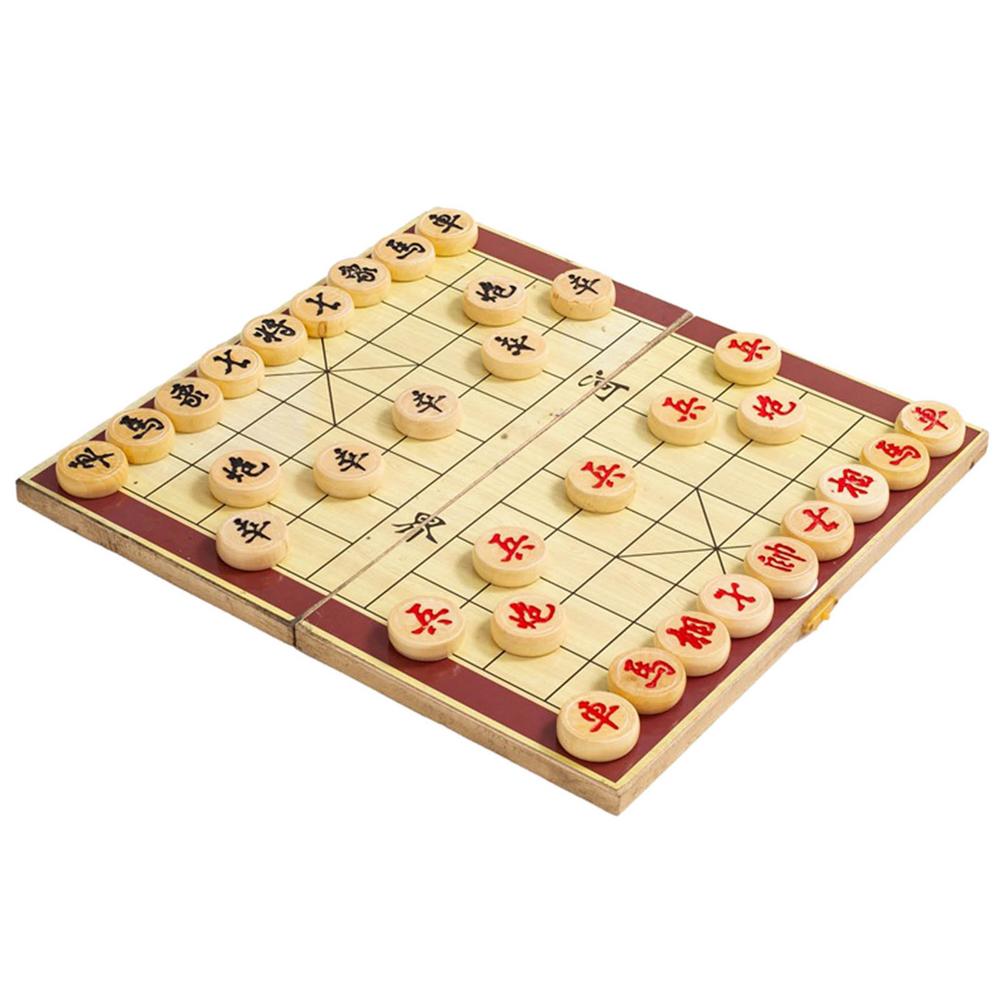
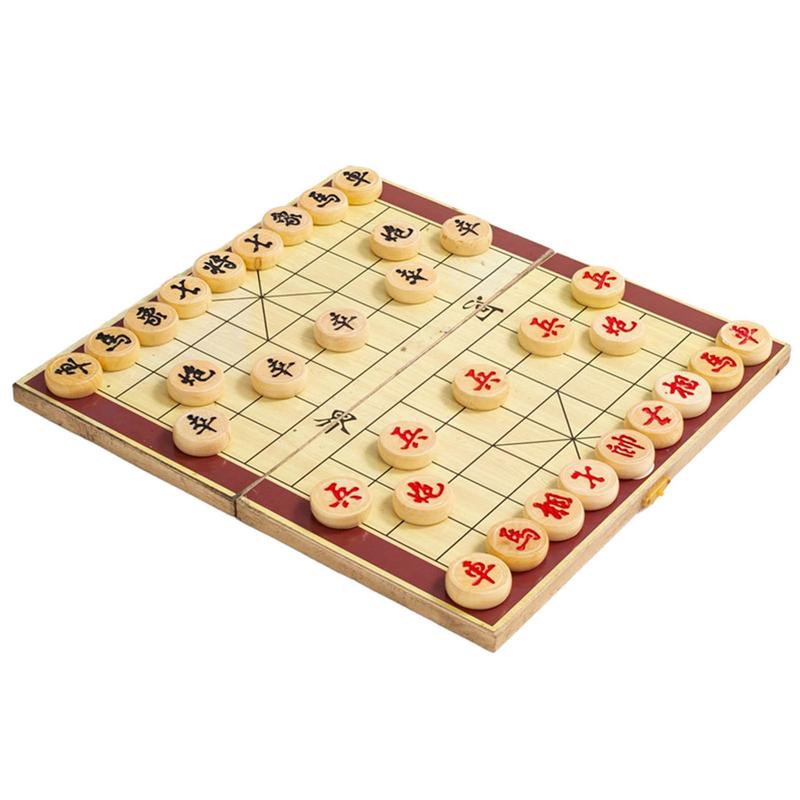
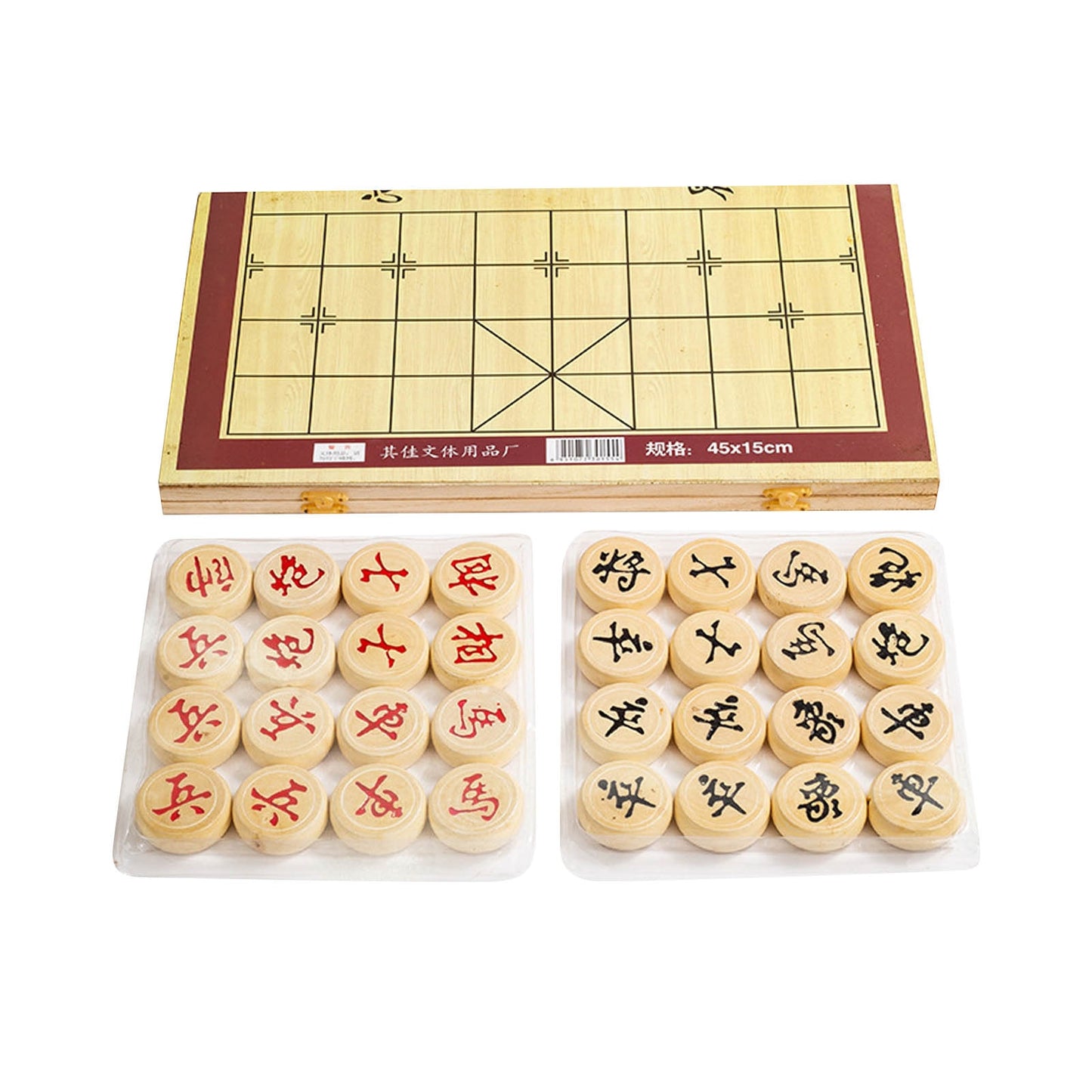

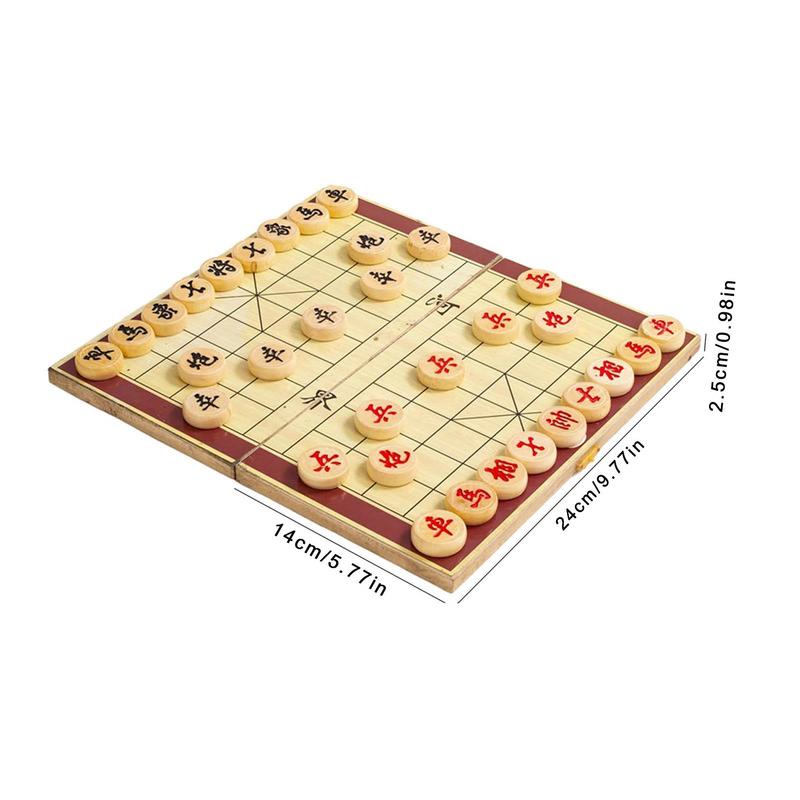
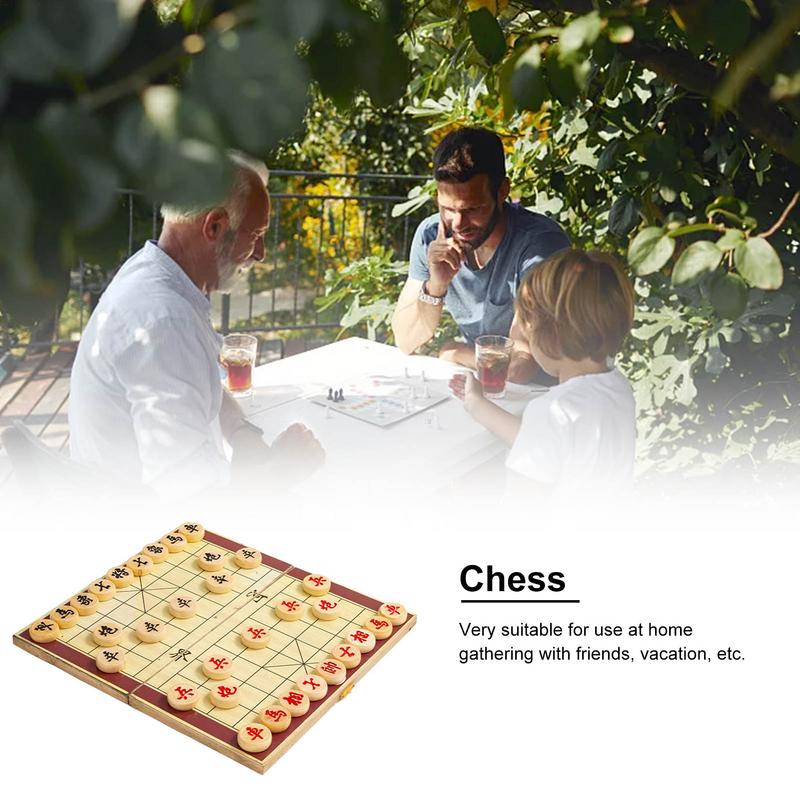


Free worldwide delivery.

Limited editions, rare cultural finds.

Direct from artisans, no middlemen.

Not only a product, it's a special story.
STORY BEHIND PRODUCT







